Chinese New Year Taboos
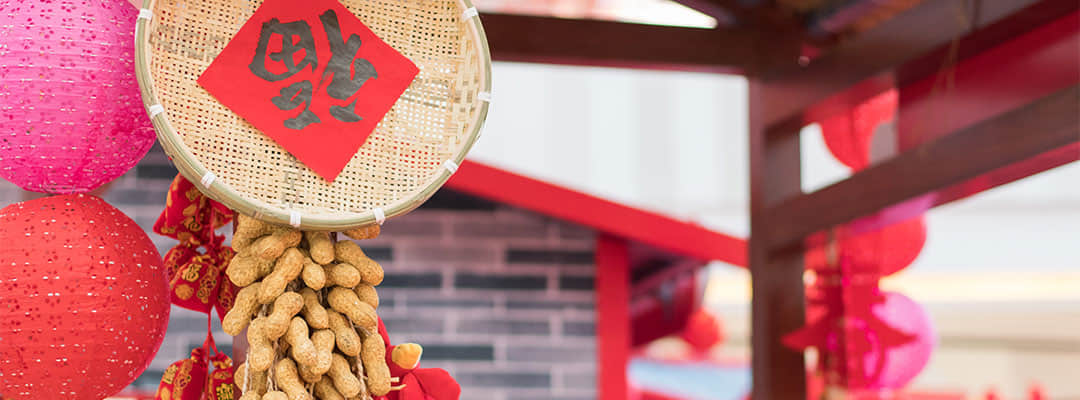
The Spring Festival lasts for 16 days, and there are lots of taboos that have been handed down in the historical process. It’s like unspoken rules for New Year, and play an important role in setting happy mood in festival, relating to all parts of daily lives.
For example, you may have many questions during the Spring festival: Is it allowed to cut hair? Can I rock white or black clothing? Can I take a shower? Can I do laundry? Keep reading, and you will get your answers.
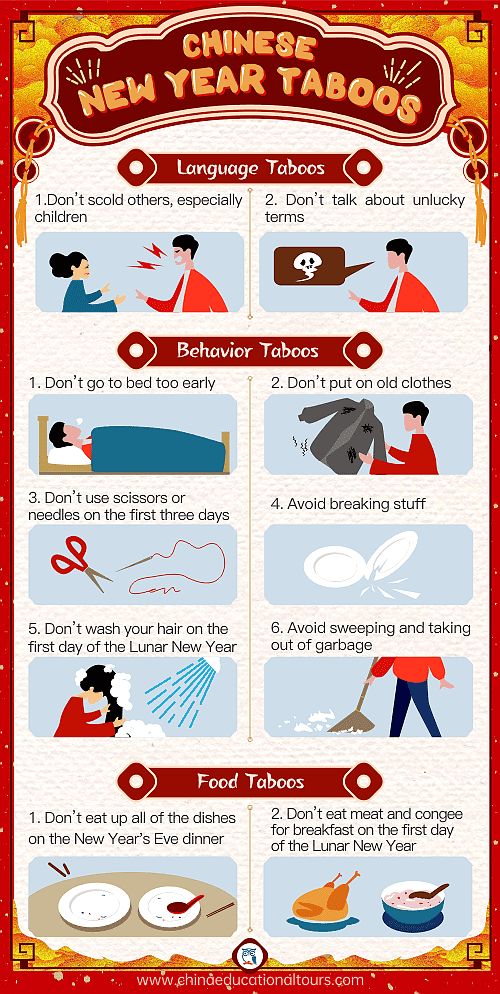 Infographic: Chinese New Year Taboos
Infographic: Chinese New Year Taboos
Language Taboos:
1. Don’t scold others, especially children, because it is considered that if you blame a child on the first day of Lunar New Year, he or she will get scolded for the whole year. At the same time, don’t say anything indecent or quarrel to others.
2. You should not to talk about words or sentences about diseases, disasters or other unlucky things, like the number four (Si in Chinese Pinyin, which sounds similar to death).
Behavior Taboos:
1. Don’t go to bed too early:
People stay up really late till midnight or morning of next day on New Year’s Eve. People believe that the later they stay up, the longer their parents will live. Saying a few auspicious words when meeting others is a good idea.
2. Don’t put on old clothes:
On the first day of the Lunar Year, the whole family wears new clothes, socks and shoes to make a fresh start to welcome the coming year. However, wearing red is a good idea for enhancing the atmosphere of the festival.
3. Don’t use scissors and needles:
People believe that using scissors or needles in the first three days may bring bad luck for the entire coming year.
4. Don’t break things:
People believe that breaking things like mirrors, bowls, or porcelain items will bring bad fortune in the new year. If someone breaks a dish carelessly, quickly say “Sui sui ping an” (In English, it's "Peace for all time"), and the bad luck will turn into good luck.
5. Don’t wash your hair on the first day of the New Year:
This is because the Chinese word for “hair” is a homonym to “wealth”, and people think it is miserable to wash wealth away at the beginning.
6. Avoid cutting your hair:
It is thought that doing so may disrupt one's financial luck during the festive season. People usually clean hair before new year and choose to cut their hair on the second day of the second lunar month, known as "Longtaitou" in Chinese culture.
7. Avoid sweeping and taking out of garbage:
It is believed that sweeping and taking out garbage may accidentally sweep away good fortune. Therefore, people clean the floor from outside to inside. Setting off firecrackers from outside to inside also symbolizes good luck entering the home.
Food Taboos:
1. Don’t eat up all of the dishes.
People would like to leave some food of the New Year Eve’s dinner to the next day, which demonstrates a well off life. Having a great number of dishes means that a family can have an enjoyable and content festival.
2. Don’t eat meat or congee for breakfast of the first day
On the first day, Chinese people will have a vegetarian breakfast which means good health in new year. And avoid congee as it was only eaten by the poor before. These taboos reveal that people fear such threats of hunger and illness in an arduous life.
Clothes Taboos:
In traditional Chinese culture, people wear red for the New Year. White clothes are often used to show memory of the deceased, so they are not seen as lucky.
However, with the changing times and the influence of new cultures, some young people might choose to wear white clothing during the New Year to show their style. They often add some red decorations, such as red scarves or brooches, to keep a festive tone.
Wearing black clothing during the New Year may create a solemn mood for the festival. It is a good idea to add a bit of red to black clothing, like red accessories, to balance the tone and maintain a festive spirit.
OR
Are you eager to begin your Chinese cultural journey?
Drop us a line and we will promptly connect you with our leading China expert!
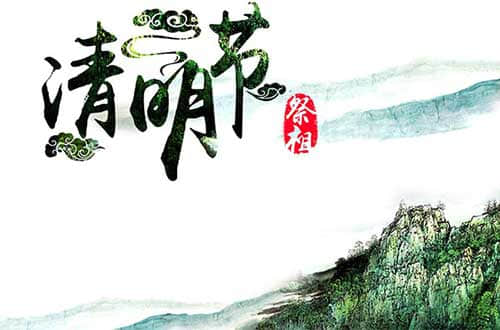 Taboos & Questions about Qingming Festival
Taboos & Questions about Qingming Festival 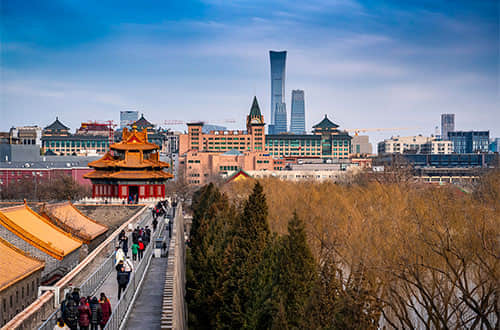 Top 12 Things Not to Do in China
Top 12 Things Not to Do in China 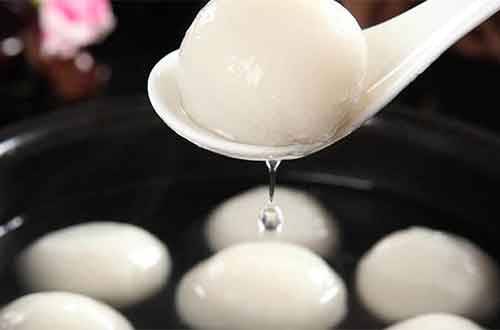 Differences between Yuanxiao and Tangyuan
Differences between Yuanxiao and Tangyuan 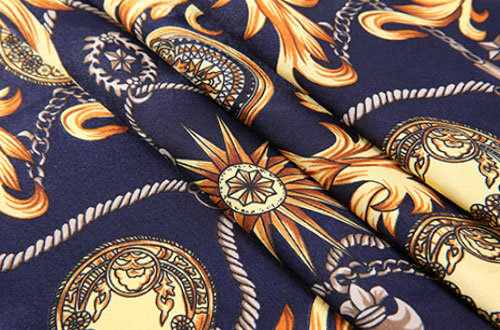 What Ladies can Buy in China
What Ladies can Buy in China